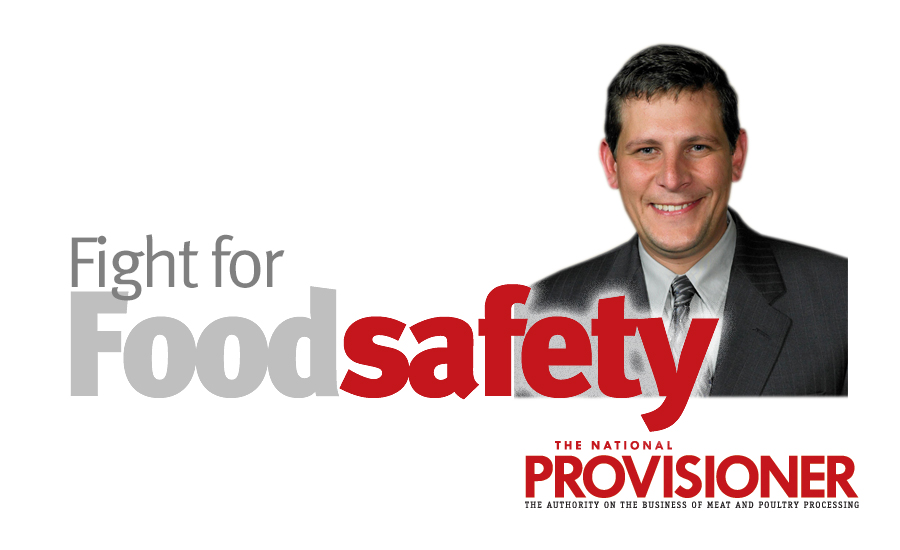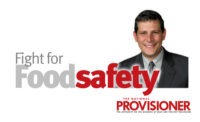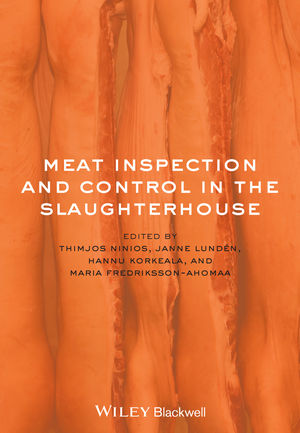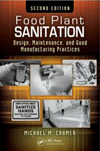Fight for Food Safety
The more you know …

Wishful thinking — we all experience it. But, when it comes to food safety, there is no place for it. Indeed, wishfully thinking that your weekly board meeting will be cancelled is very different than hoping no one will notice that the processing facility wasn’t cleaned and sanitized properly, and crossing your fingers that no adulterated products will result. Unfortunately, wishful thinking doesn’t work for (a) cross-contamination, (b) bad suppliers, or (c) the unlucky cattle who are slaughtered each day.
Food safety isn’t about believing in your products, it’s about proving that you are producing the safest products possible.
Have you ever taken a step back and really looked at your existing food-safety plan? Was it created within the past few years, or is it really no different than it was a decade ago? Sometimes even the most detailed plans need to be refreshed. Being that we operate in an industry that is constantly evolving, are there areas within your plan that could be polished or use an upgrade?
We all know that a food-safety plan is essential to any company that wants to ensure it’s producing the safest products possible; but that’s just where the work begins. How are you ensuring that every employee — from the executives to line workers — is effectively executing the plan? What about accurate records: Are you ensuring they are being filled out properly?
Indeed, concrete facts and accurate data are essential when a problem arises. Cross-contamination that leads to outbreaks or recalls is a very real thing in our industry; keeping track of as many details as possible becomes critical when questions arise about the safety of your products or facility. Make it easier on yourselves in the long run; do the work now. It will help you sleep better in the end.
Yes, we want to be prepared when problems surface, but that’s not what your job should be about. As an industry, we have the very important responsibility of keeping our customers safe. Become prepared to deal with problems, but do more to ensure problems never arise. As a food-safety attorney who has defended the food industry for nearly 20 years, I can tell you first hand that, when the lawsuit becomes about believing versus knowing, knowing wins every single time. NP
Looking for a reprint of this article?
From high-res PDFs to custom plaques, order your copy today!







